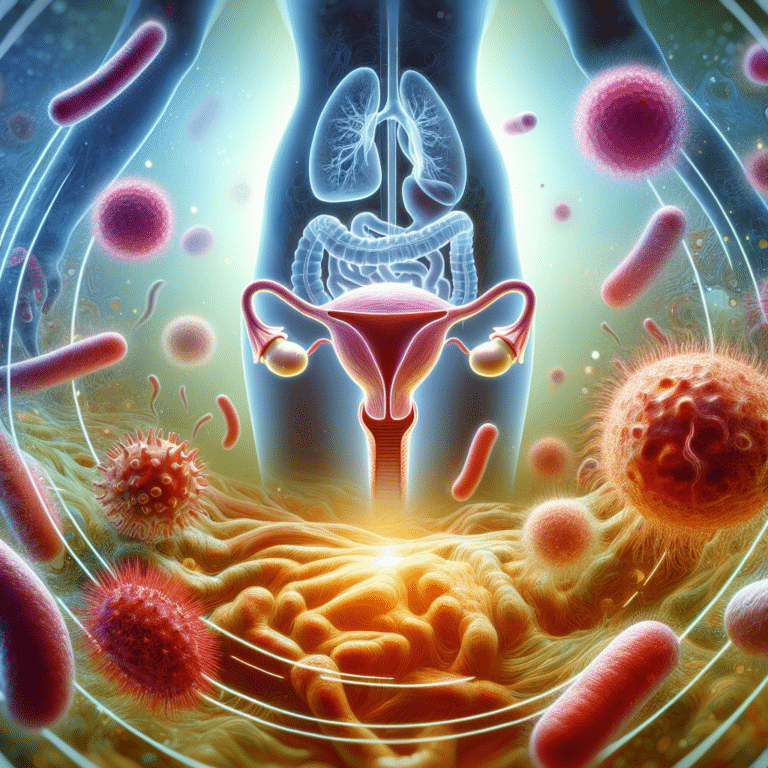Learn about the microbial connection between the urinary bladder and vagina in postmenopausal women and its impact on recurrent cystitis.
- A study conducted by Dr. Takanori Sekito and colleagues at Okayama University found a high similarity between pathogenic Escherichia coli strains isolated from the urine and vagina of patients with recurrent cystitis.
- The research highlighted the connection between urinary and vaginal pathogenic E. coli in postmenopausal women experiencing recurrent cystitis.
- The study utilized molecular techniques to analyze the bacterial genome, including pulsed-field gel electrophoresis and genomic analysis of ESBL genes and MLST.
- The findings suggest that E. coli can migrate between the urinary bladder and the vagina, causing recurrent cystitis despite antibiotic treatment.
- As a result, researchers at Okayama University are developing Lactobacillus vaginal suppositories to prevent and treat recurrent cystitis without the unnecessary use of antibiotics.
Source link
Urology, Infectious Diseases, Internal Medicine


